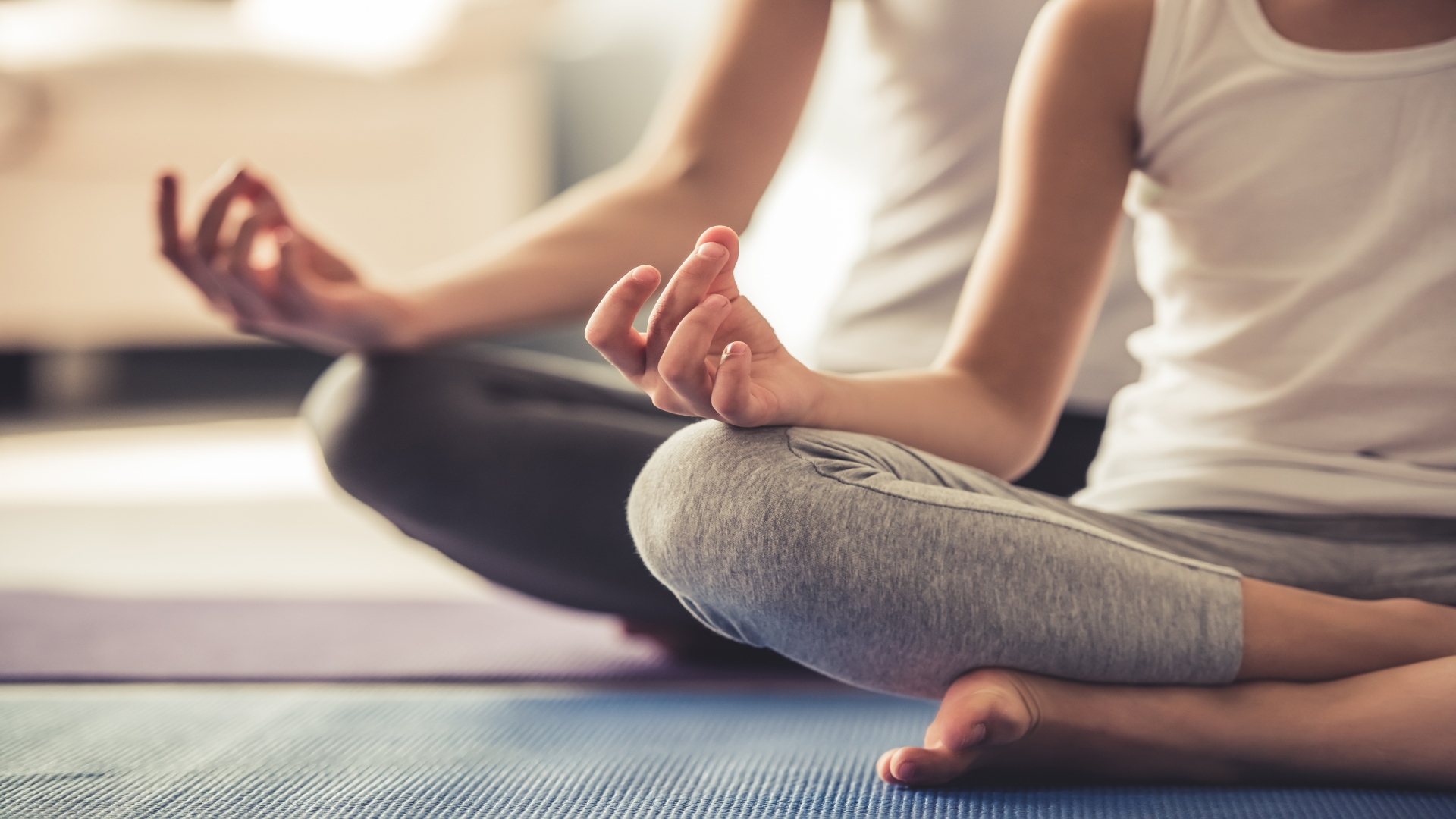In the hustle and bustle of modern life, finding moments of tranquillity has become more crucial than ever. Meditation, with its myriad benefits for mental and physical well-being, offers a pathway to inner peace. In this article, we’ll delve into various easy types of meditation techniques that cater to beginners and those seeking simplicity in their mindfulness practices.
Understanding Morning Fatigue: A Prelude to Meditation
Before we embark on our exploration of meditation techniques, it’s essential to address a common struggle: morning fatigue. Many individuals find themselves asking, “Why am I so tired in the morning?” In fact, the reasons can be different, from health to anxiety. Recognizing the importance of addressing morning fatigue sets the stage for incorporating meditation as a rejuvenating morning ritual.
Why Am I So Tired in the Morning?
The morning tiredness dilemma often stems from a combination of factors. Sleep inertia, the groggy feeling upon waking, can persist if you wake up abruptly from a deep sleep phase. Additionally, factors like dehydration and imbalanced blood sugar levels can contribute to feelings of fatigue. Understanding these factors allows us to tailor our morning routines, and meditation emerges as a potent solution.
The Simplicity of Meditation: A Guided Journey
- Mindful Breathing (Anapanasati):
- Among the easiest forms of meditation, mindful breathing requires nothing but your focused attention. Find a quiet space, sit comfortably, and direct your awareness to your breath. Inhale slowly, feel the sensation of the breath entering your body, and exhale with purpose. Gently bring your focus back to your breath. This technique enhances concentration and promotes a sense of calm.
- Guided Visualization:
- Visualization is a powerful tool for meditation. Close your eyes and imagine a serene place, whether it’s a peaceful beach or a lush forest. Engage your senses by envisioning the sights, sounds, and even the scents of this imaginary haven. Guided visualization is an accessible meditation method that fosters relaxation and transports the mind to a tranquil space.
- Body Scan Meditation:
- Start at your toes and work your way up, paying attention to any sensations or tensions. Body scan meditation promotes self-awareness and can be practiced in a short amount of time, making it suitable for busy schedules.
- Loving-Kindness Meditation (Metta):
- Metta meditation, or loving-kindness meditation, focuses on generating feelings of compassion and goodwill. Begin by directing these feelings towards yourself, then extend them to others in your life. This practice cultivates a positive mindset and contributes to emotional well-being.
- Mantra Meditation:
- Mantra meditation involves repeating a word or phrase (mantra) to focus the mind and induce a meditative state. The rhythmic repetition creates a calming effect, making it an easy yet impactful meditation technique.
– Gratitude Meditation:
Cultivate a mindset of gratitude by reflecting on things you are thankful for. This practice shifts your focus from fatigue to appreciation, setting a positive tone for the day. Gratitude meditation has the potential to elevate your mood and energy levels.
The Science Behind Morning Tiredness
Morning fatigue is not solely a result of insufficient sleep; it can also be influenced by cortisol levels, exposure to natural light, and overall mental well-being. Meditation positively impacts these factors, regulating cortisol, enhancing exposure to light, and promoting mental clarity.
The Art of Starting Anew: Concluding Thoughts
Embarking on a journey of meditation, especially with these easy techniques, offers a powerful opportunity to cultivate a sense of peace and mindfulness in daily life. Whether you’re seeking relief from morning fatigue or aiming to enhance your overall well-being, incorporating these practices into your routine can lead to a more serene and balanced existence. As you explore the simplicity of meditation, remember that the key lies in consistency and a gentle, patient approach. In the art of meditation, every breath is a step towards a calmer, more centered self.
Medically approved by
Rychel Johnson, M.S., LCPC, a licensed clinical professional

















